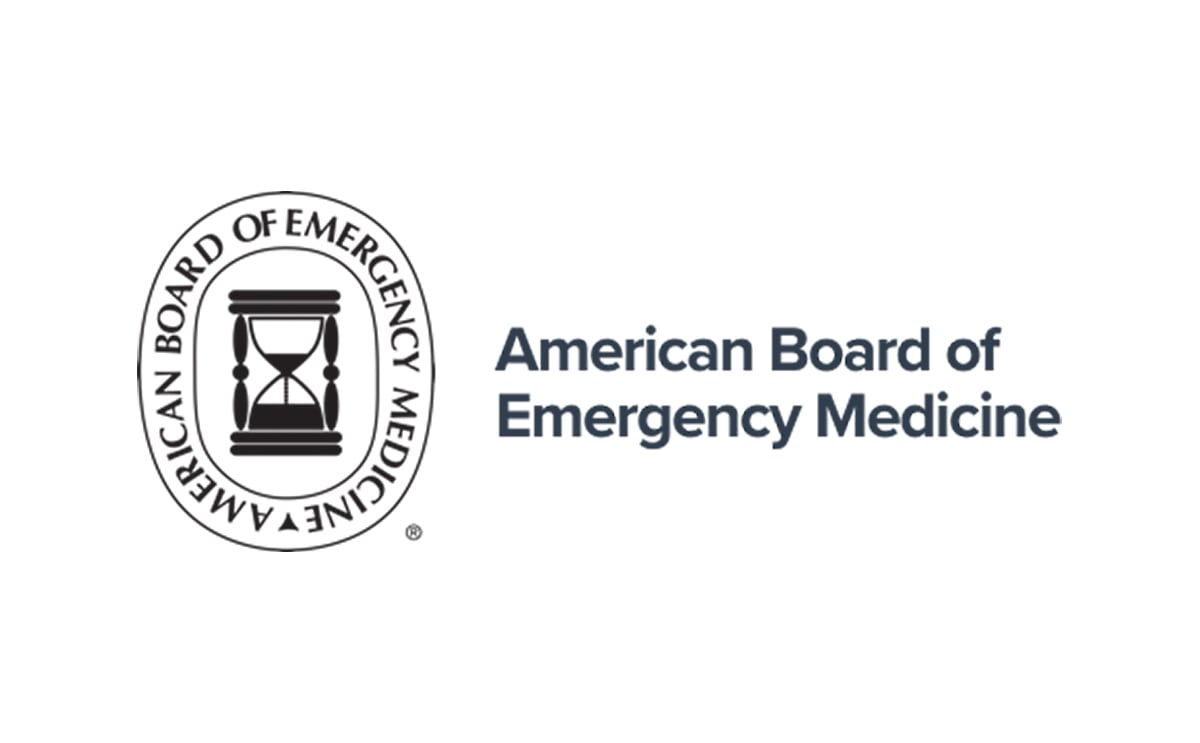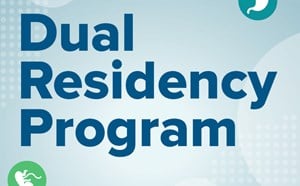
Section Sends Letter to ABEM Explaining Dual Programs
Section Chair, Salim Rezaie, MD, authored this letter to the American Board of Emergency Medicine earlier this year urging a policy change. This could potentially facilitate a request for increased support and funding for the additional years of training that we undertake.
January 14th, 2017
American Board of Emergency Medicine
3000 Coolidge Road
East Lansing, MI 48823-6319
Dear Board:
We are writing on behalf of the Dual Training Section of ACEP, a group of emergency medicine physicians trained in two specialties (4, 5 and/or 6 years of residency), representing the American College of Emergency Physicians, American College of Osteopathic Emergency Physicians, the Council of Residency Directors in Emergency Medicine, the Emergency Medicine Residents Association, and the Society for Academic Emergency Medicine. The goal of this letter is to put forth a council resolution to help secure appropriate funding and resources for physician residents in 4, 5, and 6 year combined residency programs.
We are writing to ask that ABEM consider changes to the ABEM policy titled, “Policy on Emergency Medicine Residency Training Requirements” that may facilitate a request to CMS for consideration of additional support and funding for programs that are of the 4, 5 or 6-year format.
Background:
The Initial Residency Period (IRP) for all specialties was set some time ago and the number of years was set to allow 100% of the DGME and IME for the duration of the IRP. The assigned IRP length equals the training years needed to seek board certification in a given specialty. When a medical student graduates and matriculates into residency training, the very first cost report for the very first hospital in which they work sets their IRP. Moreover, once an IRP is set for an individual trainee, it is never changed. As an example, the IRP for Internal Medicine is 3 years, whereas the IRP for general surgery is 5 years. Of note, the IRP never exceeds five years. When a resident has exceeded the IRP, the hospital is reimbursed at 100% of the IME (Indirect Medical Education) but only 50% of the DGME (Direct Graduate Medical Education).
In 1996, the Federal Register describes the IRP for Emergency Medicine (EM). This document contains two lists, "allopathy" and "osteopathy" which essentially describe ACGME and AOA accredited training programs. The IRP in this document for "allopathic" EM is three years. The IRP for “osteopathic” EM is four years. Of course, this distinction has less to do with the resident's
degree and more to do with the accrediting body. The certifying boards (ABEM and AOBEM) rely on the accrediting agencies (AOA and ACGME) to determine the length of the training program. The length of program approved by AOA and ACGME determines the training duration required to seek board certification; CMS sets the IRP based on that determination.
The current IRP codes for EM are:
- ACGME accredited = code 1250 = 3 years (Regardless of 36-48-month format)
- AOA accredited = code 3450 = 4 years (All 48-month format)
The AOA programs that are moving to ACGME accreditation are very concerned that they will either (1) place their hospital in financial difficulty if the ACGME accreditation only recognizes 3 and 4 year programs. The current ACGME programs that are 48 months or longer in length face ongoing financial pressures because of the reduction in DGME funding during the 4th, 5th, and 6th year of training.
Request:
We have included a mark-up of the proposed changes and an explanatory statement after each change. With the newly worded language, the Dual Section ACEP committee would like to proffer the argument to CMS that:
- all 3 year programs = 3 IRP and use code 1250
- all 4 year programs = 4 IRP and use code 3450
We believe that our suggested modifications to the to the ABEM policy titled, “Policy on Emergency Medicine Residency Training Requirements” may facilitate this request to CMS. We further believe that the modifications do not change the intent in the current language. Specifically, they would still allow for the minimal training length to be 36 or 48 months, depending on training program format. Our committee stands steadfastly in support of the board certification process promulgated by ABEM and is similarly committed to excellence in emergency medicine training.
We appreciate the opportunity to offer this suggestion to ABEM and trust the Board will work to understand the importance of this issue to many of our EM programs. We would be happy to provide further details about our request as needed and are also open to suggestions from the ABEM Board regarding improvements to our proposed modifications.
Sincerely,
Salim Rezaie, MD
On behalf of the ACEP Dual Training Section



